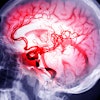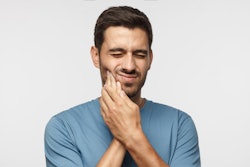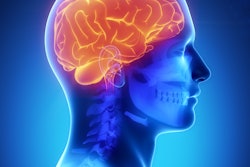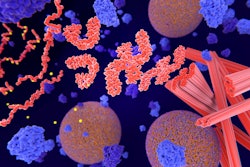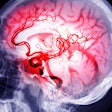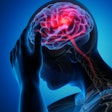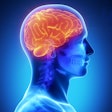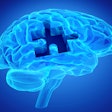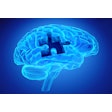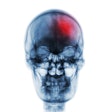
Like chewing, bruxism may be associated with improved cognitive function, according to a new commentary published on August 5 in the Journal of Oral Rehabilitation. However, more research is needed to validate these claims.
As jaw-muscle activities, teeth grinding and chewing may enhance cognition by improving blood flow in the brain, the authors wrote.
"We dare to conclude that using your jaw, either by bruxing or by chewing, not only sharpens your teeth, but also your mind,” wrote the authors, led by Dr. Frank Lobbezoo of the University of Amsterdam and Vrije University in the Netherlands.
In June 2024, a comprehensive literature review uncovered 59 animal and human studies suggesting an association between chewing and cognition. Of these studies, all but six reported no or a negative link between jaw usage and cognition, while 53 confirmed the likely presence of such correlations. In some cases, a causal relationship was suggested. However, only one of the papers dealt specifically with teeth grinding, according to the commentary.
Research has shown that the mingling of multiple complex factors can lead to impaired cognition. Recently, research that explored the effects of reduced chewing ability on the incidence of cognitive impairment over a decade revealed an odds ratio that was 1.3 times higher for cognitive impairment in those who chewed poorly compared to those who chewed well. This finding confirmed that a reduction in masticatory efficiency may causally contribute to negative effects on one's memory and cognitive skills. Therefore, teeth grinding may have the same effects as mastication, the authors wrote.
Though designing more studies that explore the correlation between teeth grinding and cognition will be challenging, they should be conducted, the authors wrote.
"Since both chewing and bruxism are essentially jaw-muscle activities, that is, ways of using the jaws that both improve cerebral blood flow, we carefully assume that chewing-related findings can be extrapolated to bruxism," Lobbezoo and colleagues wrote.

